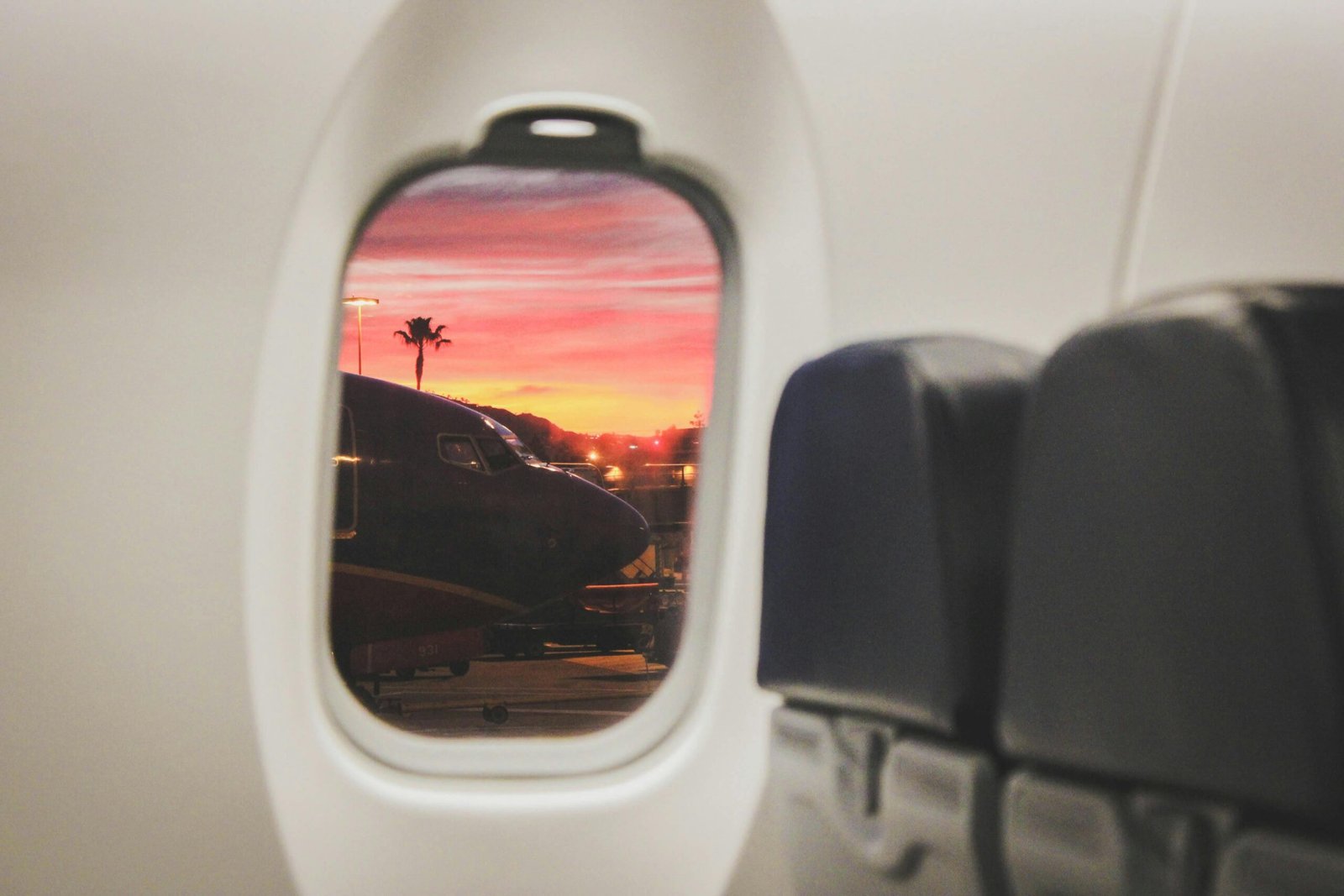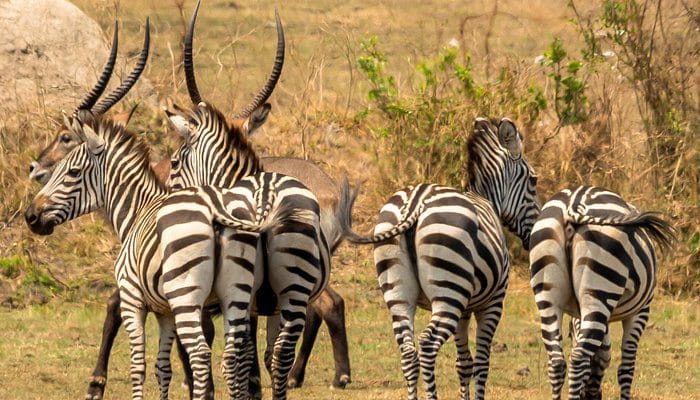
INTERNATIONAL
info@allinafricasafaris.com
INTERNATIONAL, 24/7 Help Support
USA/CANADA | M-F 9:00 am - 5:00 pm


Lake Mburo National Park is a small savannah national parks in Uganda. It is located in the western part of Uganda, over 30kms away from Mbarara town and it covers an area of over 370 sq kilometers. Lake Mburo National Parkis the nearest national park from Kampala. Located in Kiruhura district, which is in between Mbarara and Lyantonde districts, it embodies beautiful scenery. The scenery is characterized by rolling hills and savannah plains. It is also unique for its five lakes bordering it which makes it a great hub for aquatic animals. Lake Mburo of course is the largest among the five.
 Before the establishment of Lake Mburo National Park, this grassland was home for the Bahima pastoralists. It is from these beautiful grasslands that the Bahima fed their long horned Ankole cattle. The Bahima believe that the lake was formed as a result of punishment for Kigarama. Kigarama is believed to have ignored his brother Mburo, who had a dream from the ancestors concerning an imminent flood. It is for this reason that the lake holds cultural significance even today among the Bahima people.
Before the establishment of Lake Mburo National Park, this grassland was home for the Bahima pastoralists. It is from these beautiful grasslands that the Bahima fed their long horned Ankole cattle. The Bahima believe that the lake was formed as a result of punishment for Kigarama. Kigarama is believed to have ignored his brother Mburo, who had a dream from the ancestors concerning an imminent flood. It is for this reason that the lake holds cultural significance even today among the Bahima people.
The British in 1930 identified the area for its beautiful wildlife and diverse ecosystems. The area was the set aside as a controlled hunting area. However, this development did not settle well with the Bahima pastoralists who felt that their pastoral land had been compromised. In 1963, the park was upgraded to a game reserve with it becoming a fully fledged national park later on in 1983. In a twist of events, 1985 saw Uganda’s political scene be characterized by unrest. The Bahima took advantage of the political unrest by invading the park killing some of the wildlife including lions hence becoming extinct. In 1986 however, the park’s boundaries were re established leaving it smaller in size but with wildlife protected.
In the 1990’s, the Ugandan government took on the initiative of involving community in the park’s conservation efforts. The park became one of the first national park to integrate community in wildlife conservation efforts. The government used community conservation programs in order to sensitize and educate the Bahima community on the importance of co-existence with wildlife. The Bahima were also granted grazing access in order to foster co-existence and trust.
The Bahima people continue to shape the identity of Lake Mburo National Park. These people continue to work hand in hand with the government and park officials in order to conserve the park. The community also works hard to ensure that the park’s cultural richness and natural beauty is well preserved now and for years to come.






